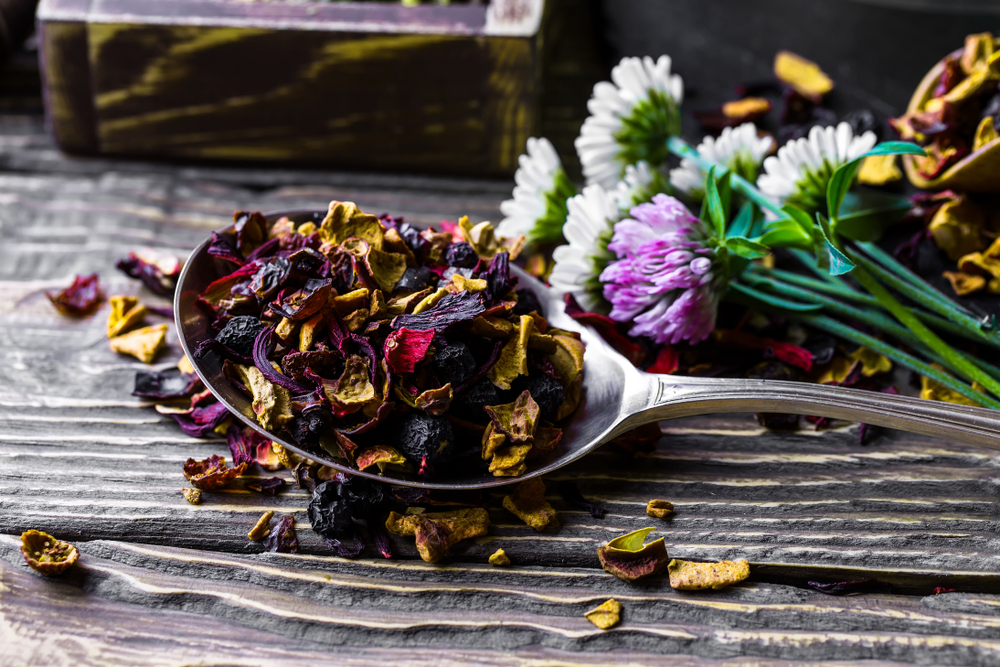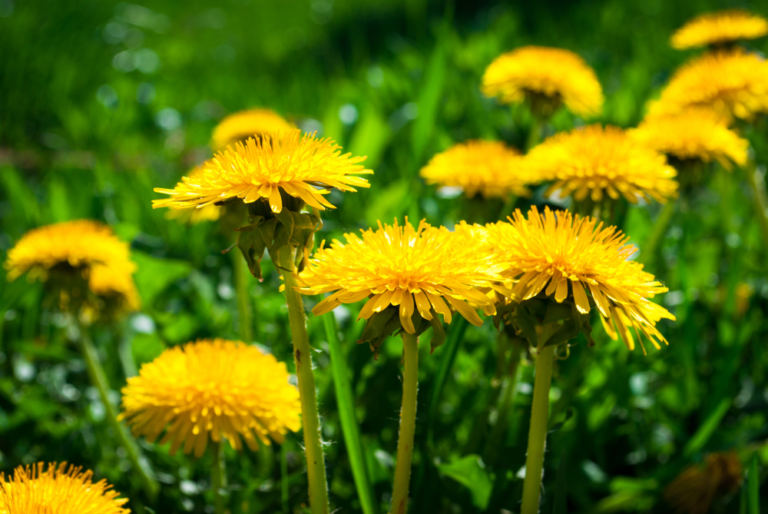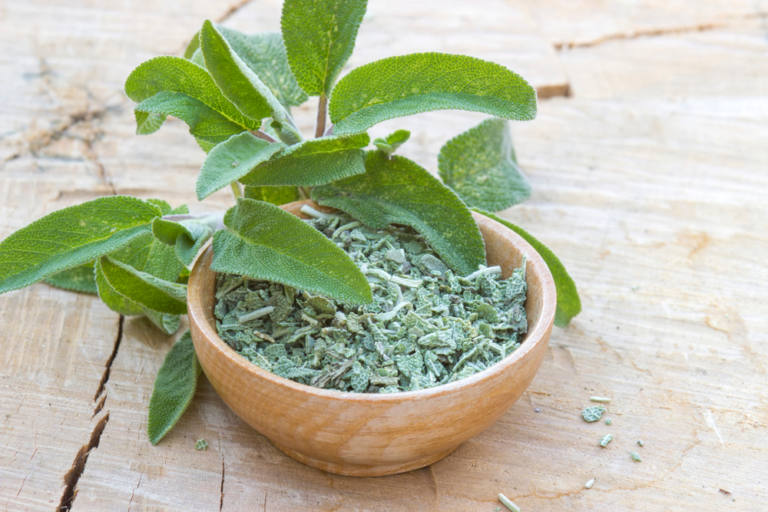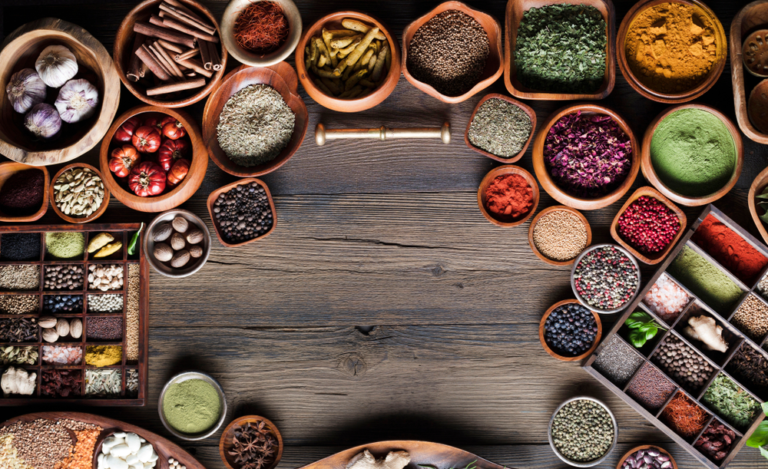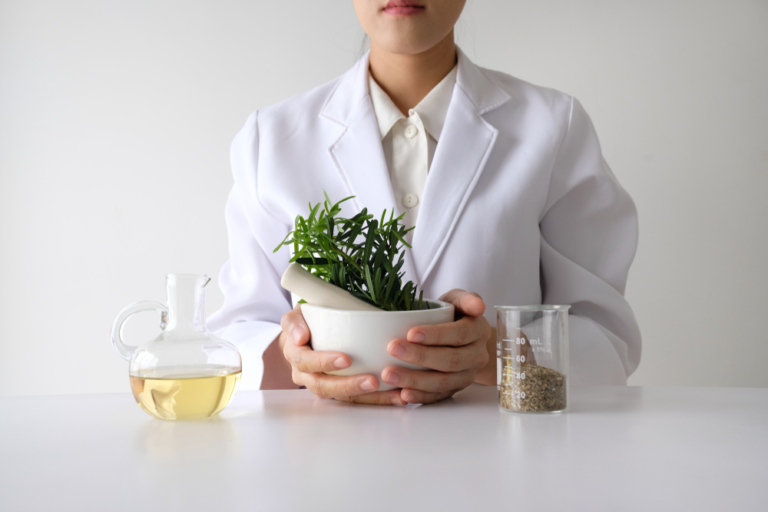Herbal Remedies 101
From easing common ailments to promoting overall wellness, herbs have been used in traditional medicine practices around the globe.
In this article, we will provide you with a comprehensive breakdown of different types of herbs and their uses.
Whether you are new to the world of herbal remedies or looking to expand your knowledge, this article will serve as a helpful guide.
So, let’s dive in and explore the wonderful world of herbal remedies together.
Table of Contents Herbal Remedies 101
Discover the basics of herbal remedies
In order to gain a comprehensive understanding of the fundamentals of herbal remedies, it is essential to delve into the diverse world of different types of herbs and their specific uses.
Exploring the wide range of herbs available allows individuals to harness their medicinal properties and unlock their potential benefits.
By familiarizing yourself with the unique characteristics, properties, and applications of various herbs such as chamomile, lavender, peppermint, and ginger, you can begin to build a foundation of knowledge that will empower you to incorporate these natural remedies into your healthcare routine.
Embracing the principles of Herbal Remedies 101 will provide you with a valuable breakdown of herbs and their uses, allowing you to make informed choices that support your well-being in a holistic and natural manner.
Learn about the various herbal types
To further expand your knowledge in Herbal Remedies 101 and gain a deeper understanding of the world of herbal medicine, it is crucial to learn about the various types of herbs.
Each herb possesses unique qualities and characteristics, making them suitable for specific purposes and ailments.
By familiarizing yourself with the different categories of herbs, such as adaptogens, nervines, and diaphoretics, you can begin to navigate the vast array of herbal options available to you.
Adaptogens, like ashwagandha and ginseng, help the body adapt to stress and promote overall balance.
Nervines, such as chamomile and passionflower, have a calming effect on the nervous system and can aid in reducing anxiety and promoting relaxation.
Diaphoretics, like elderflower and yarrow, encourage sweating and can be beneficial during colds or fevers.
By understanding the various herbal types and their specific uses, you can select the appropriate herbs to address your individual needs and optimize your herbal remedies journey.
Understand the uses of each herb
As you delve further into Herbal Remedies 101, it is essential to familiarize yourself with the specific uses of each herb.
By understanding the uses of various herbs, you can harness their healing properties and incorporate them effectively into your herbal medicine practices.
Each herb has its own unique set of benefits and applications.
For example, Echinacea is commonly used to boost the immune system and aid in fighting off infections, while St.
John’s Wort is known for its antidepressant properties.
Moreover, herbs like Turmeric have anti-inflammatory effects and can be helpful in managing chronic pain.
By gaining a comprehensive understanding of the uses of each herb, you can confidently select the appropriate herbs to address specific health concerns and optimize your herbal remedy regimen.
Explore the benefits of chamomile
Chamomile is a herb that offers a wide range of benefits and has been used for centuries in herbal medicine practices.
One of the key benefits of chamomile is its ability to promote relaxation and improve sleep quality.
If you find yourself struggling with insomnia or experiencing restlessness, chamomile tea can be a soothing and natural remedy to help you unwind and achieve a peaceful sleep.
Additionally, chamomile possesses anti-inflammatory properties, making it a valuable herb for relieving various types of inflammation, including skin irritations and gastrointestinal discomfort.
Its calming effects can also help alleviate symptoms of anxiety and stress, making it a popular choice for those seeking natural stress relief.
Whether enjoyed as a tea or incorporated into topical remedies, chamomile can be a valuable addition to your herbal medicine toolkit, offering a gentle and effective way to support your overall well-being.
Try peppermint for digestive issues
Peppermint is another powerful herb that can be beneficial for digestive issues.
This refreshing herb contains menthol, which helps to relax the muscles of the gastrointestinal tract and promote healthy digestion.
If you frequently experience symptoms such as bloating, gas, indigestion, or stomach cramps, incorporating peppermint into your routine may provide relief.
You can enjoy a cup of peppermint tea after meals to promote digestion or use peppermint oil topically by diluting it and applying it to the abdominal area for soothing effects.
However, it’s important to note that while peppermint can be effective for most individuals, it may not be suitable for everyone, particularly those with gastroesophageal reflux disease (GERD) or certain digestive conditions.
As with any herbal remedy, it’s always best to consult with a healthcare professional before incorporating peppermint into your regimen.
By understanding the diverse benefits of herbs like chamomile and peppermint, you can harness the power of natural remedies to support your overall well-being and enhance your herbal medicine toolkit.
Use lavender for relaxation and sleep
Lavender is a popular herb known for its calming and soothing properties, making it an excellent choice for relaxation and promoting better sleep.
This fragrant herb has been used for centuries in aromatherapy to create a sense of tranquility and aid in stress reduction.
When inhaled, lavender essential oil can help relax the mind and body, promoting a sense of calmness.
Additionally, incorporating lavender into your bedtime routine can enhance sleep quality.
You can try using lavender essential oil in a diffuser in your bedroom or add a few drops to a warm bath before bedtime.
Another option is to use lavender-infused products, such as pillows or eye masks, to create a calming environment.
Remember, while lavender is generally safe for most individuals, it’s always advisable to consult with a healthcare professional, especially if you have any specific health concerns or are taking any medications.
Consider ginkgo biloba for memory
Ginkgo biloba is an herb that has been utilized for centuries for its potential cognitive benefits.
It is believed to improve memory and enhance cognitive function.
Ginkgo biloba contains compounds that may increase blood flow to the brain, which can have a positive impact on memory and cognitive performance.
While research on the effectiveness of ginkgo biloba for memory is still ongoing, some studies suggest that it may be beneficial, particularly for older adults experiencing age-related cognitive decline.
If you are interested in incorporating ginkgo biloba into your wellness routine, it’s important to consult with a healthcare professional to determine the appropriate dosage and ensure it doesn’t interact with any medications you may be taking.
As with any herbal remedy, it’s crucial to approach it with caution and always prioritize your overall health and well-being.
Boost your immune system with echinacea
Echinacea is an herb that has long been recognized for its potential immune-boosting properties.
It is commonly used to support the body’s natural defense mechanisms and promote overall wellness.
Echinacea contains compounds that may stimulate the immune system, helping to strengthen its ability to fight off infections and illnesses.
Research on echinacea’s effectiveness in enhancing immune function is ongoing, with some studies suggesting that it may help reduce the duration and severity of common cold symptoms.
However, it’s important to note that individual responses to echinacea can vary, and it may not be suitable for everyone.
If you are considering incorporating echinacea into your wellness routine, it is advisable to consult with a healthcare professional familiar with Herbal Remedies 101 here is A Breakdown of Different Types of Herbs and Their Uses to ensure it is safe and appropriate for your specific health needs.
Additionally, it’s crucial to remember that while echinacea may provide immune support, maintaining a healthy lifestyle with regular exercise, a balanced diet, and sufficient rest is key to supporting your overall immune system function.
In conclusion, now that you have a better understanding of the different types of herbs and their uses, you can confidently incorporate herbal remedies into your wellness routine.
Remember to always consult with a healthcare professional before using any new herbs, especially if you have any pre-existing medical conditions or are currently taking medication.
With the right knowledge and guidance, you can tap into the powerful healing properties of herbs and experience the benefits of natural remedies.
So go ahead and explore the world of herbal medicine, and discover the wonders it has to offer for improving your overall health and well-being.
FAQ
What are some common types of herbs used in herbal remedies and what are their specific uses?
When it comes to herbal remedies, there are several common types of herbs with specific uses.
One of them is chamomile, which is often used to calm and soothe the nerves, promote sleep, and aid digestion.
Another popular herb is lavender, known for its relaxing properties and ability to reduce anxiety and stress.
Peppermint is commonly used to relieve digestive issues and headaches.
Echinacea is often used to boost the immune system and fight off common colds.
Lastly, ginger is renowned for its anti-inflammatory properties and is commonly used to soothe nausea and aid digestion.
Are there any potential risks or side effects associated with using herbal remedies?
When using herbal remedies, it is important to be aware of potential risks and side effects that may arise.
While herbs are generally considered safe, they can still interact with certain medications or cause allergic reactions in some individuals.
Additionally, incorrect dosage or prolonged use of certain herbs may lead to adverse effects such as digestive issues or liver damage.
It is crucial to consult with a healthcare professional or herbalist before incorporating herbal remedies into your routine.
They can provide guidance on proper usage, potential risks, and any precautions you should take to ensure your safety and well-being.
How do herbal remedies differ from conventional medicine in terms of effectiveness and safety?
When it comes to effectiveness and safety, herbal remedies and conventional medicine have some differences.
Herbal remedies are known to be more natural and often have a long history of traditional use.
However, their effectiveness can vary since scientific research is limited.
On the other hand, conventional medicine undergoes rigorous testing and clinical trials to ensure its effectiveness and safety.
It is often prescribed by healthcare professionals and regulated by government agencies.
While herbal remedies may have fewer side effects, they can still interact with other medications.
Ultimately, it’s important to consult with a healthcare professional to determine the best approach for your specific needs.
Can you provide some examples of herbal remedies that have been scientifically proven to be effective?
Sure, you can consider herbal remedies such as ginger for nausea and turmeric for inflammation, as they have been scientifically proven to be effective.
Another example is saw palmetto for managing symptoms of enlarged prostate.
These studies have shown promising results, but it’s important to consult a healthcare professional before incorporating any herbal remedies into your routine to ensure they are safe and suitable for your specific needs.
Are there any precautions or considerations to keep in mind when using herbal remedies, such as dosage or potential interactions with other medications?
When using herbal remedies, it is crucial for you to be aware of certain precautions and considerations.
Firstly, always pay attention to the recommended dosage provided on the packaging or by a healthcare professional.
Taking more than the recommended dose can be harmful.
Additionally, keep in mind that herbal remedies can interact with certain medications, so it is wise to consult with a healthcare provider before starting any herbal regimen, especially if you are currently taking prescription drugs.
They can provide guidance on potential interactions and ensure your safety.
Prioritizing these precautions will help you use herbal remedies effectively and responsibly.

